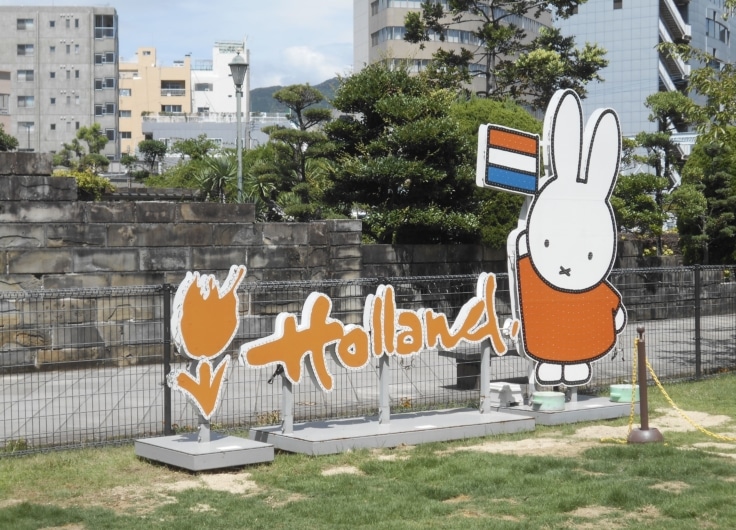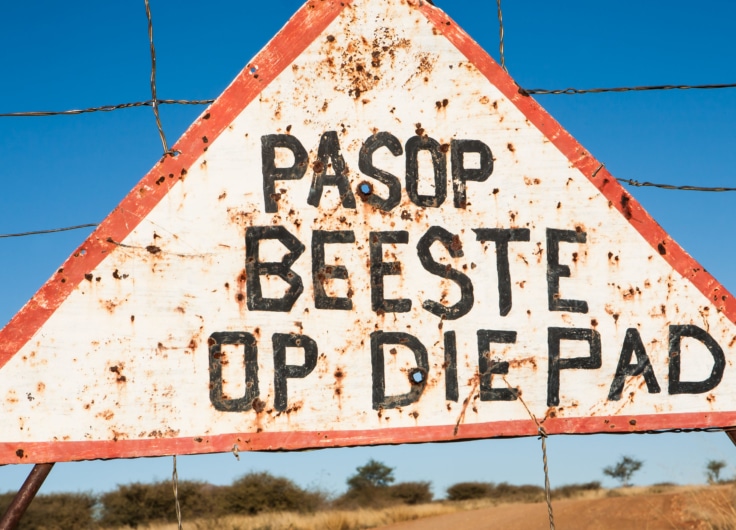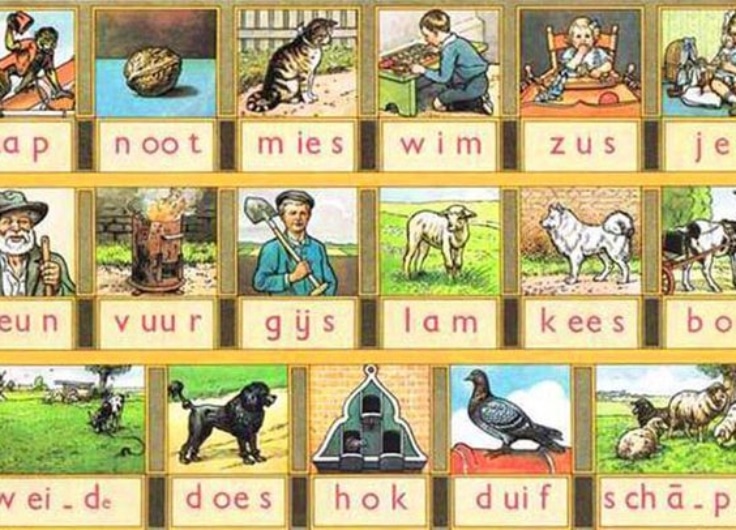‘We Can’t Do Without Migrants Anymore’: Experts on Migration in Belgium and the Netherlands
Migration offers good pickings for populists, while those who take an honest look at the subject find they are up against a headwind. ‘As a politician, you won’t win elections by saying it will work out all right’, fears Marlou Schrover, a migration specialist at Leiden University. ‘It would make all the difference if we looked at migration from a long-term perspective more often, away from the delusions of the day’, says her colleague Sara Cosemans from KU Leuven. Migration in the Low Countries, a double interview.
First it was the so-called guest workers that came to the Netherlands and Belgium. After the oil shock in 1973, the emphasis shifted from labour migration to family reunification. Then the fall of the Berlin Wall, in 1989, and the disintegration of the Soviet Union brought people from Central and Eastern Europe to the West. The many conflicts all over the world also drove people to flee. If we look at migration to our region, how has it evolved since 2000?
Sara Cosemans is a post-doctoral assistant in Cultural History at KU Leuven and has recently taken up a guest professorship at the new School of Social Sciences at the University of Hasselt. She prefers to look at the last fifty years rather than the past twenty. “But if we really want a caesura, I’d say 2004, when countries from Central Europe joined the European Union and seasonal migration became so crucial, certainly for Belgium”, she says. Professor of Social and Economic History at Leiden University, Marlou Schrover, agrees with her Flemish colleague, “If we want to divide it up into periods in the Netherlands and Belgium, then I see great parallels in terms of both labour migration and refugee migration. But the year 2000 is not a breakpoint. There is no consolidation or acceleration of migration, for decades 3 percent of the world population has migrated.”
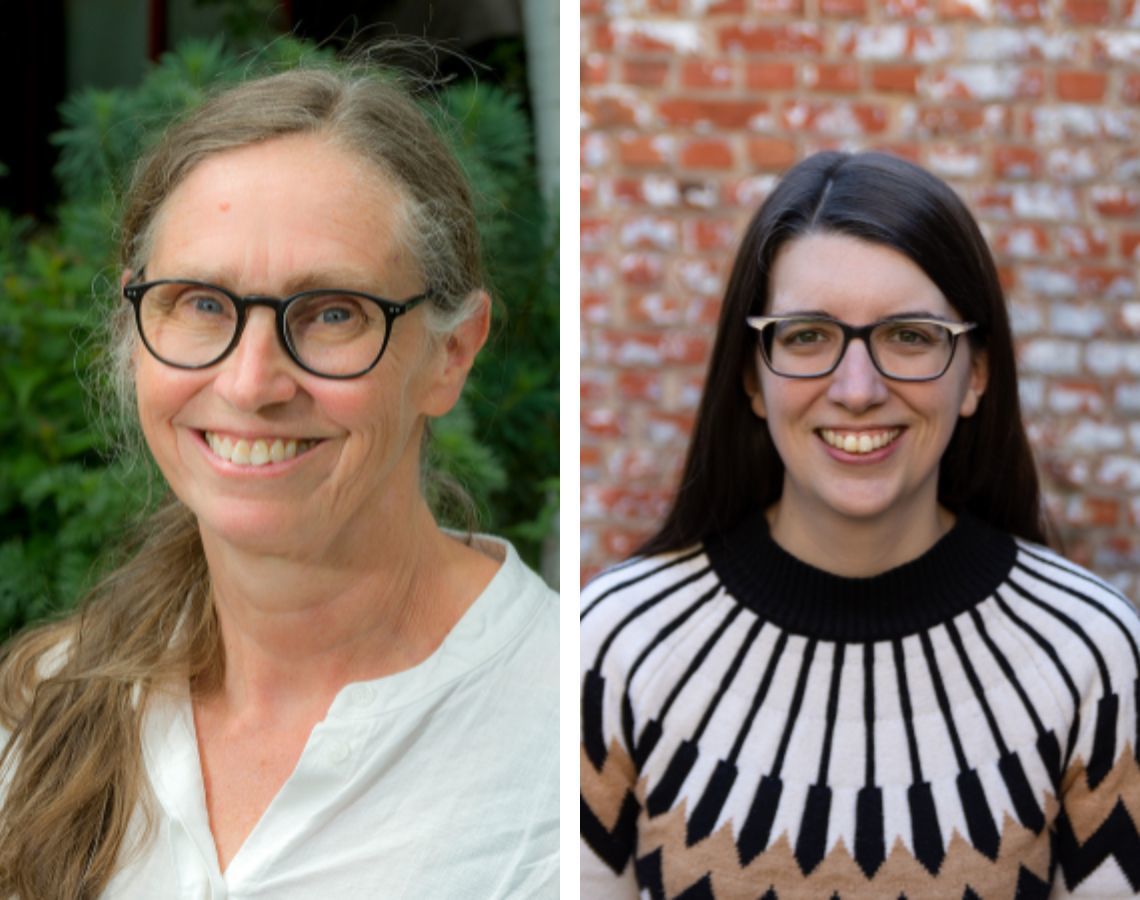 Migration specialists Marlou Schrover (Leiden University) and Sara Cosemans (KU Leuven)
Migration specialists Marlou Schrover (Leiden University) and Sara Cosemans (KU Leuven)Has nothing at all changed in recent years then?
Schrover: “If anything has changed, it’s definitely that the debate since 9/11 has been focussed very strongly on Islam. These days, migration from Islamic countries is quickly linked to terror and security, so migration actually becomes crimmigration. While migration within the EU goes much more smoothly, we see increased fortification at the external borders.”
Cosemans: “This criminalization has been going on since the 1970s and the end of decolonization. But, as Marlou says, since 2001 it has been directed at Muslims in particular or, even more, at anyone who is not white, not Christian and not a woman. You can see this today in the Ukraine crisis. Syria and Ukraine are quite similar conflicts, but our policies deal with them completely differently, just as we have dealt differently with Syrian Christians and Syrian Muslims.”
You’d think that, as Dutch and Belgians have seen people from a migration background in their streets for decades, they must get used to them at some point. Yet that is not what the polls show.
Schrover: (firmly) “That distrust is mainly a consequence of cuts in social security and shortages in the housing market. If people have a daughter with psychological problems and she’s tenth on the waiting list for care, they are quick to say, what about my child? I’ve got nothing against migrants, but… The fact that the Netherlands has cut back so hard on spending in recent years means that people today are more likely to say, what about me?
Another factor is the media effect. In the last twenty years, everyone has become a bit of a journalist. In order not to lose their public, professional journalists increasingly conduct street interviews in which anyone who happens to pass by gets to have their say, rather than an expert or someone from the Refugee Council. Although there is of course a bit of democratisation in that, passers-by are more likely to say things that are anti-immigration. When the Syrians came in 2015, we saw endless campaigns in the Netherlands in support of them, but what stuck in the mind was the farmer in front of his property with his banner bearing the words, our village is full. Goodwill isn’t often shown.”
Cosemans: “Marlou is ab-so-lute-ly right. One element I would like to add is that depending on the country people come from, those who came in the last twenty years are much more likely to have faced severe trauma than those who came before. If you’ve spent seven years trying to get your family here and you’ve had terrible experiences, you haven’t spent the time learning the language, nor have you had a full-time job. The mixture of high entry barriers and life-threatening routes here undermines people’s starting position from the outset.”
To what extent have our institutions adapted to migration? If we look at the job market, education and so on, it’s always striking how difficult the situation still is for migrants.
Schrover: “That, too, is partly to do with representation. There’s more emphasis on failures than on successes. Those that do well are not as noticeable. You have to put the question of why it is so difficult for so many people into perspective. Dutch people who emigrated to Canada or Australia in the 1950s started out at the bottom of the ladder there, even if they were the best carpenters or builders. Language deficiency is a factor, and lack of networks too. Migrating is always a step backwards.”
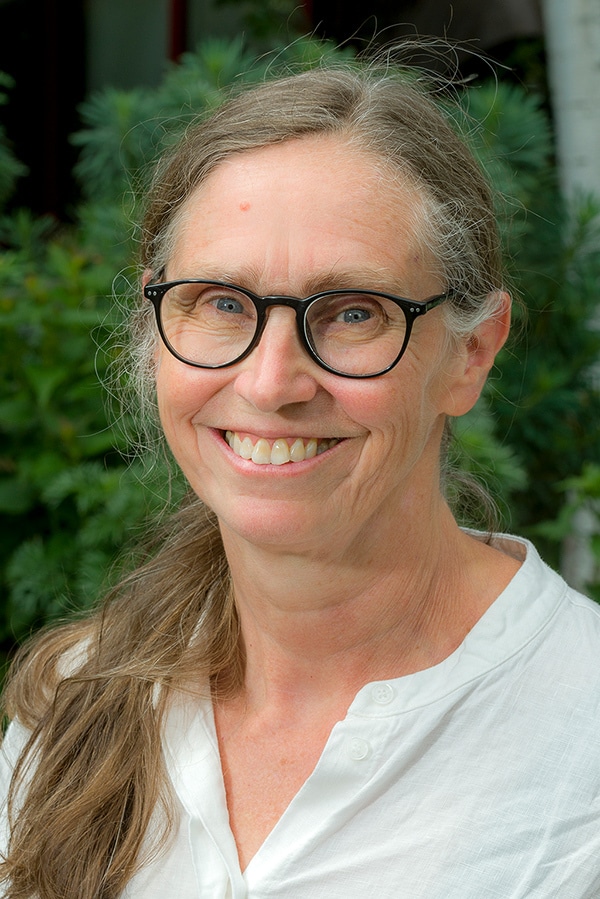 Marlou Schrover: ‘Migrating is always a step backwards.’
Marlou Schrover: ‘Migrating is always a step backwards.’Recognition of diplomas is a thorny business too. In Brussels, there are midwives washing up in restaurants and civil engineers cleaning toilets.
Schrover: “In the medical sector, obviously, a country has to check whether the training in the country of origin is comparable to its own training, that seems reasonable to me. Yet it is true that in Western Europe we systematically underestimate the training in the countries of origin. Filipino nurses, for example, are much better trained than European nurses. But anyway, your diploma has to be recognised first, which means that people cannot work in their own sector for a number of years and then they fall behind.”
Cosemans: “That’s true. Our job market is very discriminatory towards migrants. Even highly trained people of the second generation get fewer chances than their purebred Belgian peers.
To be able to work anyway, many resign themselves to a lesser job.
Even among the Syrians, there were many highly educated migrants who could not find a job here. To call a spade a spade, racism really is a factor. Ukrainians get a work permit immediately and can start work fast within their specialisation. Yet they are not necessarily better educated than many Syrians.”
So, it really is a different story for migrants from within Europe?
Schrover: “It is. Polish people who come to work in the Netherlands are not fleeing, nor are they leaving everything behind. You don’t hear any stories from that group about having to decide whether or not to take their grandmother with them. In their case, coming to the Netherlands is a professional choice, linked to the fact that you earn more here than in Poland. You can start work straightaway, there’s a whole Polish infrastructure with churches and shops, and you can afford to ask yourself whether you like it here or whether you’ll return home. An asylum-seeker can’t do that.”
Cosemans: “I’m from the Limburg fruit-growing region myself and I’m familiar with the circular migration system, with work permits allowing you to work in Belgium twenty-four hours a day for sixty-five days in a row. The first Poles who came to us did indeed go to church on Sundays and were present in the village. But as soon as they could earn more money in Poland or got better jobs here, they left. Then the Romanians and Bulgarians came. They don’t go to church anymore, they do nothing here but work for sixty-five days – often in poor living conditions. These are people who miss out on a whole range of rights too, particularly holiday money. Every year in Belgium, millions of euros are not paid out because we don’t meet our legal obligations. These people don’t complain, either, because they’re already earning more than at home.”
Schrover: “For years there have been serious cases of exploitation in the Netherlands, which the trade unions constantly condemn. People living in containers, among mice and rats, without heating or sanitary facilities. Because their housing is linked to their work, the loss of a job means the loss of a roof over their head. It’s pretty bad in the meat industry and agriculture. Then there are the people who, despite the easy route, get isolated in a place where they don’t know anyone and end up on the drink. Geert Wilders tried to capitalise on that with his Polenmeldpunt, a website he launched where complaints against Polish, Czech and Romanian workers could be registered.”
European countries with a colonial past have attracted people from their former colonies, Indonesia, Surinam and the ABC Islands in the case of the Netherlands, and Congo in Belgium’s case. Does the colonial element still play a role today?
Schrover: “Migration resulting from the decolonization of Indonesia, which involved people with Dutch and Indonesian blood, is definitely over now. Surinam only became a fully independent country in the 1980s, but there has been some illegal migration since then related to language and networks. There’s been more of an after-effect in terms of migration via the Antilles, which have remained an overseas territory of the Kingdom of the Netherlands, and therefore enjoy free movement of people. The Antilles are also a channel for people from South America who marry Antilleans or come illegally.”
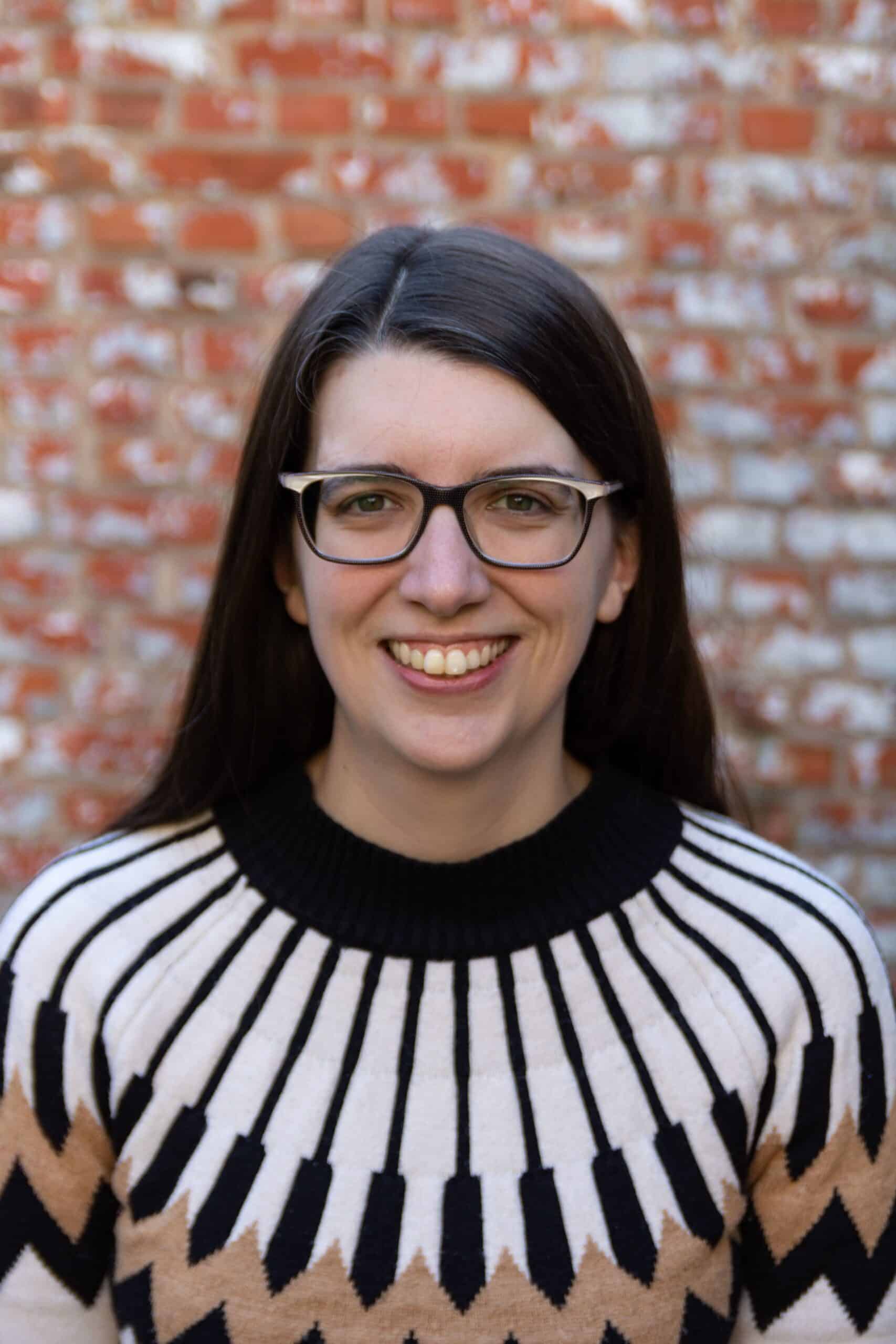 Sara Cosemans: ‘Under the influence of the debate in the United States, cultural activism has considerably increased here.’
Sara Cosemans: ‘Under the influence of the debate in the United States, cultural activism has considerably increased here.’Does the colonial history still play a role in migration from Congo?
Cosemans: “Traditionally the volume of migration from Congo to Belgium was less than that from Indonesia to the Netherlands, so the present diaspora in Belgium originated mainly after 1997, after the fall of Mobutu. What motivates these people to come to Brussels is to a large extent the language, more than the colonial past. In that sense, Congolese migration to Belgium is comparable to that from French-speaking countries in West Africa, which were not Belgian colonies.
But it is interesting how the community here has evolved in the meantime. Under the influence of the debate in the United States, cultural activism has considerably increased here. Congolese who came to Belgium without strong feelings of colonial ties do end up interpreting their stay here in those terms.”
Cosemans: ‘Traditionally the volume of migration from Congo to Belgium was less than that from Indonesia to the Netherlands’
Schrover: “We see the colonial past and certainly the subject of the slave trade becoming important again in the Netherlands too. By now, every city is occupied with the question, how did we make money from slavery? Yet many researchers emphasise that making black people visible in Dutch society is not all that new and that black people have been visible here for quite a long time. Too often we have a tendency to present the past as homogenously white, in contrast apparently to our own time. That idea is historically incorrect.”
In larger cities, people from extremely diverse backgrounds live together, but they all have a migration story as a common denominator. Does that shared migration background contribute to the formation of a collective identity?
Cosemans: “Researcher Meryem Kanmaz says that Turks and Moroccans have got to know each other in Belgium. Morocco was never part of the Ottoman Empire, but because Turks and Moroccans are often mentioned in the same breath in Belgium and arrived at the same time, they have grown close to each other here. Within migrant groups, people often know each other and there is solidarity, even though it is not continuous but comes in waves. You can see that in the regularisation campaigns, especially the one in 2000. In the 2009 campaign, there was already less solidarity and after that, we had mainly national campaigns, for Afghans for example, or for non-regularised Moroccans. You see solidarity – or not – depending on the type of struggle.”
Schrover: ‘Too often we have a tendency to present the past as homogenously white. That idea is his-torically incorrect’
Schrover: “What is also interesting is what happens in education. There, children from diverse backgrounds grow together from a shared migration experience. They were mostly born in the Netherlands, but they don’t look Dutch, and they are constantly asked the same question, where do you come from? Then the child says, from Zwolle. And then the next question is no, where do you really come from? That kind of thing, the fact that it’s never enough, even if someone is educated and well-spoken and has read all the great novels, just because that person is not white and is always being asked, are you loyal? People react angrily to that, and it makes them gravitate towards each other.”
Meanwhile, in Brussels, you can see that super-diversity is becoming THE identity.
Cosemans: “Brussels is a very exciting social experiment. It’s a vibrant international city that creates opportunities for people who come from elsewhere, even if they have to start at the bottom of the ladder. It’s not that Brussels has no problems, but all these different people coexist rather well, contrary to the impression that is sometimes given. Plenty of new identities are emerging, an evolution I’m following with great curiosity.”
Schrover: “You see it in Brussels, in Amsterdam and in Rotterdam too, and it is indeed fascinating to follow. Nonetheless, as a historian, I am somewhat critical about the term ‘super-diversity’, which was thought up by Steven Vertovec in 2006 and which all policymakers then jumped on. With a term like that you suggest that the past was actually homogenous, and you start to see the present as new and unique and challenging, which is not really correct.”
Cosemans: ‘In Brussels, all these different people coexist rather well. Plenty of new identities are emerging’
If we can rely on forecasts, then Africa will be a continent of over a billion people in a few decades time, whereas the indigenous European population will shrink. Populists like to peddle doomsday scenarios, but still, how are we going to meet the challenges of the future?
Schrover: “To make policy you have to assess the future. And one of the questions that policymakers ask themselves is, are we going to have fewer or more migrants in the future? The problem is that many forecasts from the past have proved erroneous. When the Soviet Union fell apart in 1991, we expected millions of refugees. But in fact, they never came. People in the countries concerned said, we’re free now, now the economy can finally grow here as well.
When you look at Africa, too, it’s difficult. If the economy grows in Africa, does that mean that people will stay or leave? If they have more resources and networks, will they risk their lives to start lower down the ladder in Europe? Or not? Growth and stability don’t mean more people will come, but neither do they mean fewer people will come.”
Cosemans: ‘Public opinion is forever being used as an excuse not to do anything’
What we can be certain of is that major conflicts produce more refugees. Or not?
Schrover: “That sort of migration is mainly focused on the neighbouring countries because refugees want to be able to return home fast once the conflict is over. The reason the Syrians came to Europe in such large numbers was that there was no money for schools and facilities in the neighbouring countries. It’s the situation in the tent camps, more than the war in Syria itself, that drove people here. It was because of European budget cuts that people were forced to migrate further. But all this tells us nothing about 2050, and forecasting remains difficult.”
Cosemans: “Look at the climate. Someone like Dutch researcher Hein de Haas is very critical of claims that there will be massive climate migration towards Europe when we don’t even know yet what effects global warming will have here. The water bomb that fell over Eastern Belgium last year displaced people as well.
Another element that we overlook when it comes to migration is that the bulk of it is still driven by employers, because we’ve experienced hardly any natural population growth since the 1970s. Residence permits are therefore linked to work permits and come with precarious status. The less attractive jobs here are almost exclusively done by labour migrants. These people can be expelled from Belgium as soon as they lose their job. So, can we just acknowledge it for once? We can’t do without migrants anymore; we need to adapt our policies to their needs at last.”
Then there’s still the question, how do politicians manage to sell something like that?
Schrover: “The political discourse always makes it sound as if migration is something completely new, whereas in reality not much has changed. But then again, a politician can’t win elections by saying it will work out all right. If you say that, another politician will immediately say, I don’t think so. On balance then, this is a difficult issue for politicians…”
Cosemans: “… who always talk about support. Public opinion is forever being used as an excuse not to do anything, while it is political decisions that have led to the dismantling of the welfare state and driven people into the arms of the populists. It would make all the difference if we looked at migration from a long-term perspective more often, away from the delusions of the day.”


